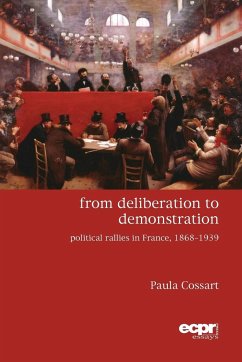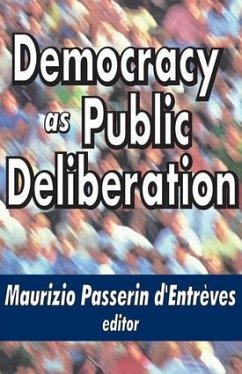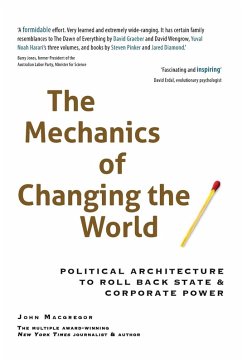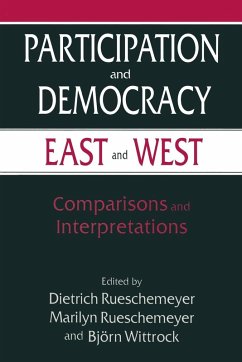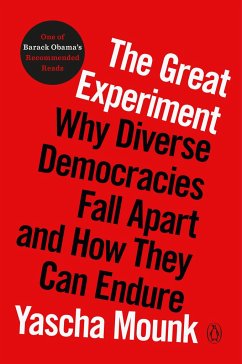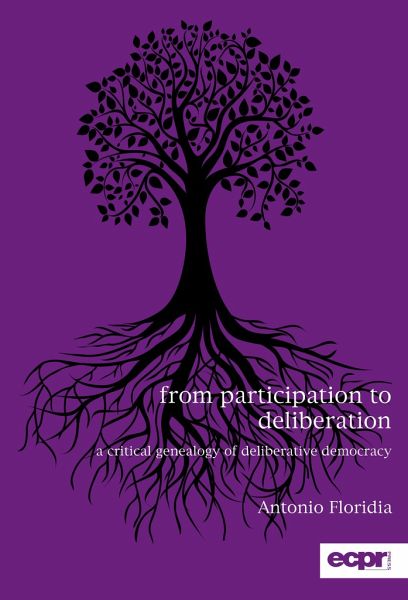
From Participation to Deliberation
A Critical Genealogy of Deliberative Democracy

PAYBACK Punkte
19 °P sammeln!
Starting from the 1980s, this book provides the first, complete history of the idea of deliberative democracy, analysing its relationship with the earlier idea, and practices, of participatory democracy in the 1960s and 1970s.



